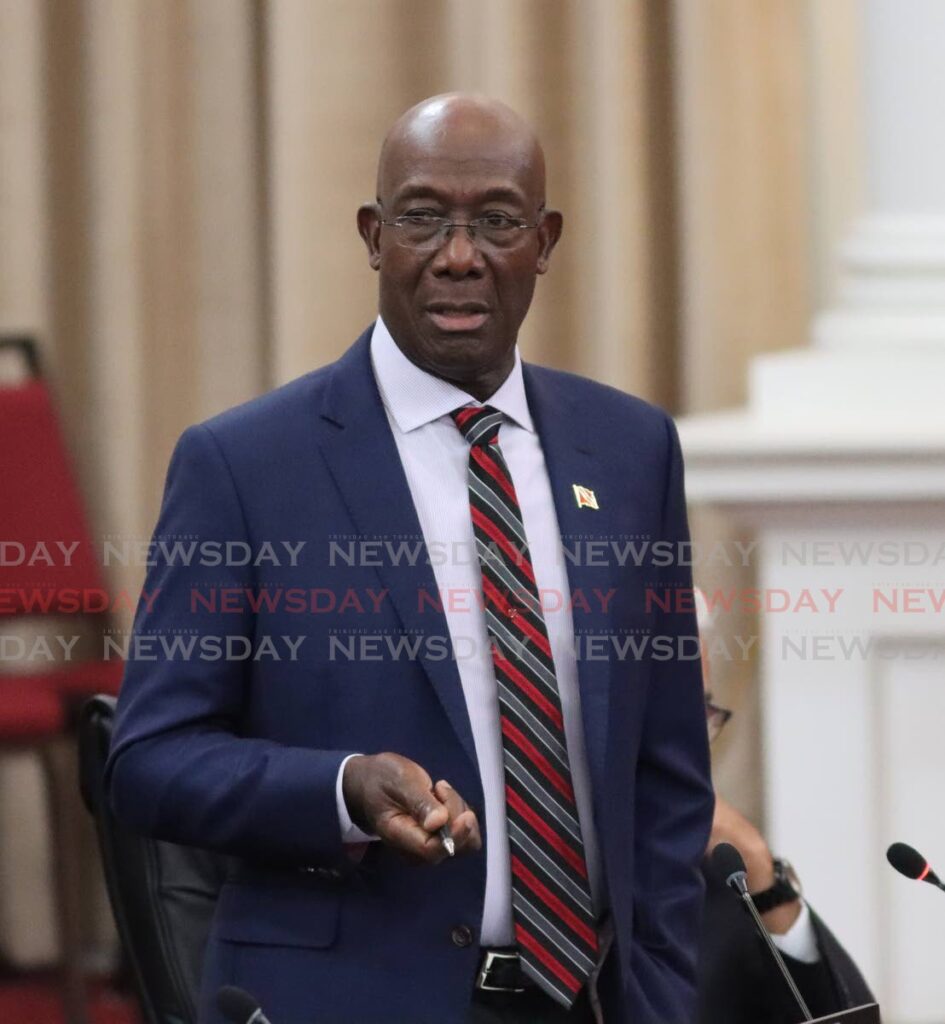Review integrity standards

THE REASON why people in public life all over the world are required to declare their assets, income and interests is to level the playing field when it comes to accountability and the prevention of corruption. Such public-facing declarations in theory help the public ascertain where conflicts of interest arise as politicians exercise their power.
The whole bacchanal over the Prime Minister’s 2019 filings with the Integrity Commission, however, suggests this basic safeguard is being diluted by the dual nature of a system that sees some aspects of declarations potentially kept confidential, while others are readily disclosed. The system – the exact workings are murky, given the cloak of secrecy that is placed over these matters – must be reviewed.
The Integrity Commission was established under our Constitution to monitor and investigate conduct, practices and procedures which are dishonest or corrupt.
But almost from inception, there have been challenges. Even this country’s first prime minister, Dr Eric Williams, by some accounts, had trouble getting his ministers to file.
To date, the commission’s mandate has seen it focus on smaller matters relating to paperwork, with its most famous criminal charge and conviction of former prime minister Basdeo Panday in relation to a London bank account becoming ensnared in political and corporate machinations and, eventually, quashed.
The commission should be held to account for its inability, to date, to really change the temperature when it comes to integrity standards. At the same time, it is a body fettered by the sheer load of work it is expected to do, a lack of resources, internal turmoil, and the wilful efforts of politicians to treat with it expediently.
Still, for its June 29 correspondence to San Juan/Barataria MP Saddam Hosein, the commission has many questions to answer. Its suggestion that an omission had occurred on the part of Dr Rowley regarding a Tobago townhouse and its view that “there may have been breaches” – while at the same time finding “no criminal offence” – should be better explained.
Dr Rowley, for his part, denies any wrongdoing.
The irony is that the PM has now shared a confidential form revealing key interests, which is what the system should have allowed for in the first place, whether or not his interpretation of the rules is correct.
Clearly something is amiss.
The long and sordid history of this body, including its treatment of prior matters involving Dr Rowley, as well as other serious missteps with which this paper is all too intimately familiar, paints a picture of an entity perpetually beleaguered by such incidents in relation to multiple political sides and actors.
Going forward, the terminology of the commission must be clarified, especially as it pertains to its use of terms such as “omission” and “land.” Its rules relating to declarations must be re-examined and clarified.


Comments
"Review integrity standards"